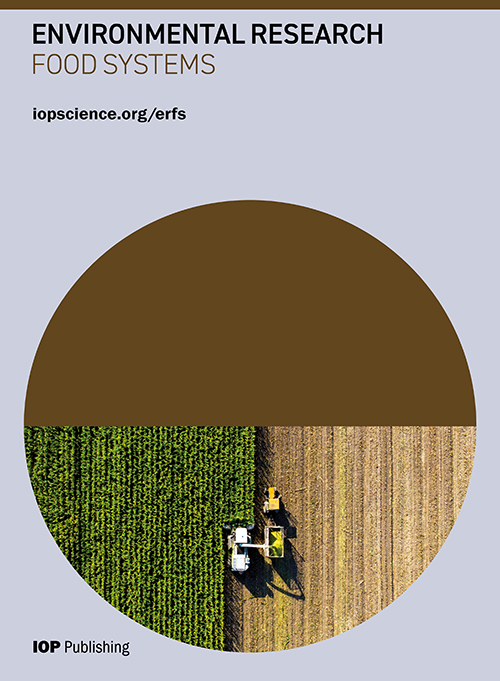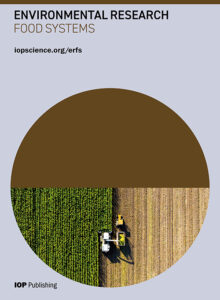ERFS研究文章|农业贸易和贸易政策在适应和减缓气候变化方面的作用

文章介绍
Nelson B Villoria, Shawn Arita and Sharon Sydow
通讯作者:
- Nelson B Villoria,美国堪萨斯州立大学农业经济系
期刊介绍

- Environmental Research: Food Systems是一本多学科、开放获取的期刊,致力于解决可持续食品系统的科学问题,并在影响/未来风险、复原力、环境减缓、环境适应、环境安全和最广泛意义上的解决方案方面进行努力。
